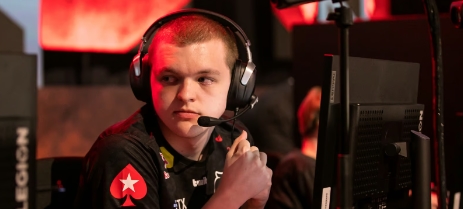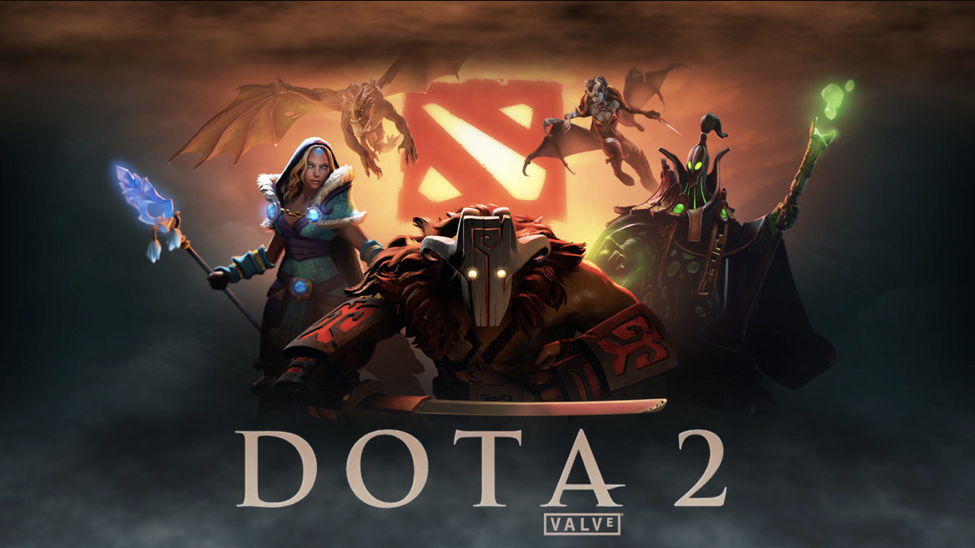
A Basic Look at What Is Net Neutrality
Net neutrality is what keeps internet providers from regulating internet data. This keeps companies from discriminating or “charging differently by user, content, website, platform, application, attached equipment, or mode of communication. In other words, Internet Providers are considered to be “Common Carriers”. The current net neutrality laws dictate that as common carriers ISPs must provide service to the general public without discrimination. Basically what it means is that we all pay the same price for the same quality of internet under the same provider.
The Trump Administration aims to repeal these regulations by allowing ISPs to pick and choose who gets better service based on the amount that they are able to pay. In other words, if Company A can offer more to the ISP than Company B, then Company A will be given better service and Company B will suffer by receiving a lower quality service.
In other words, they want to make a class war out of the internet.
Who is involved in the decision making?
The FCC’s chairman Ajit Pai appears to be in favor of the larger corporations throughout the debate, with an agenda that’s been labeled as “anti-consumer, anti-small business, anti-competition, anti-innovation and anti-opportunity” by democratic representatives. If you’re an indie gamer or a developer who prefers to operate on smaller, less popular networks ISPs will be given the ability to choke the connection on your smaller networks by reducing the service and speed available, in turn forcing you to turn to the faster streaming sites to conduct your business there. Republicans say they are looking for a substantial amount of comments to change their minds, overlooking the 12 million (and counting) comments submitted by the general public.

FCC chairmain Ajit Pai (image via Siliconbeat)
Google, Comcast, AT&T, Facebook, Verizon and Netflix have all been asked to testify against Title II in favor of the new regulations by the House of Republicans this fall on September 7th.
Ajit Pai is quoted in his letter to the executives of these companies saying “with your help, I know we can craft a fair, predictable and sustainable solution.”
This is equivalent to asking big tobacco companies to write up a set of rules regulating all tobacco products including e-cigarettes and vapes. They’re being given the opportunity to minimize their own limitations and restrict their competitors, in other words, write the laws to favor their business.
When did this all start, and when will it end?
The argument of net neutrality revolves around the freedom of the internet. In April of 2014, the United States Federal Communications Commission (FCC) considered a law permitting internet service providers to “offer content providers a faster track to send content” which was contradictory to their position on net neutrality at that time.

Net Neutrality Protestors speak with Tom Wheeler, 2014. (Image via Popular Resistance)
The previous stance held by the FCC prevented cable and telephone providers from monopolizing on specific sites such as Netflix, Hulu and the like. Under the new legislation companies will be able to monopolize the industry by determining what companies get quality connections and what companies don’t, killing the competition. So if your ISP decides that Netflix deserves better service than Hulu, Hulu won’t be able to compete because it won’t have the connection speed that Netflix does. Users will be able to watch Netflix without any problems while Hulu fails to stream its content.
The change in their position on the matter came from the DC Court Verizon Communications Inc. v. Federal Communications Commission which stripped the FCC of its ability to impose open internet “in it’s entirety.
Today in 2017, the opportunity for Internet Service Providers (ISPs) to monopolize the internet is rearing its ugly face once more. The battle wages on, but according to some the decision is clear. Pai himself has been quoted on saying “make no mistake about it, this is a fight that we intend to wage, and this is a fight that we are going to win.”
Why is this such a huge issue?
If net neutrality is lost and ISPs are able to pick and choose who/what gets better internet or connections several different outlets could be heavily affected. A wide variety of scenarios have been put forth on what these effects could be.
For example, if Apple is prioritized over Google,then markets such as Android, Windows and other Google affiliates will have slower connections, a lack of available data and an overall weakened market. Customers will flock to Apple with its higher speeds and larger data access resulting in the loss of Google’s marketplace. Game designers, App designers and the like will also have to choose whether they stick with a company that’s being beaten out of the competition or switch over to the company on top.
Online gaming will suffer when cheap and free to play games can no longer produce enough income to purchase the internet service required to give their players and followers the connection speeds needed to play.
Smaller social media sites will have to raise more money to compete with the big ones such as Twitter, Facebook and Tumblr meaning more advertisements spamming your feed. If you use a less popular social platform to conduct your business, these changes could mean potential loss of business, contacts, customers and more.
Some say that the proposed changes won’t actually have a huge effect on the users, rather than the companies. However, we cannot ignore what the future holds. Here’s an example from pcgamer.com: “What if Amazon became an ISP and decided you could stream Twitch video at 4k for free, but you had to pay an extra 5$ a month for 4k streaming from other services?”
Paid prioritization is a dangerous concept when put onto paper. Basically what it is is a fast lane for companies who can afford it, and a slow lane for those that can’t. So if you’ve got Facebook running against Trello, Facebook will be a fast lane and Trello will have a choked and lagging connection. If ISPs are given the power to decide what’s worth paying for and what’s not, millions of people could be affected.

Some companies stand to gain much more than others with Net Neutrality. (image via Gigaom)
It may not seem like much to have to pay a little extra for what you’re playing or watching but when applied the theory can take a terrifying turn. When Netflix doesn’t work, you go to Hulu. When Hulu fails, you switch over to Netflix, and so on. If one is streaming better than the other, you’re more likely to catch your favorite shows on that site than the other, slower site right?
Well, if an ISP decides whose connection is better, sites like hulu, HBO and Netflix will no longer be competing for our views, but rather for the ISP’s favor. Even if one has shows the other can’t offer, what is a viewer going to do when they can’t get a good enough connection to watch those exclusive shows? If sites can get better internet service from the ISP than their would-be competitors they don’t have to worry about customers going to these other sources, because they have the fastest, most available stream - and who’s going to wait 30 minutes for a show to buffer when they can just watch on another site? This means that if one can pay more than the others we will lose our ability to cheaply and regularly access the other. Suddenly, all the smaller businesses won’t be able to compete with the big boys and consumers are forced to use what is provided by the richest companies out there.
Verizon has already been labeled a huge threat in this sense as announcements of throttling netflix are released far and wide, and has even admitted to wanting to prioritize specific websites in order to generate more money.
The idea that such a huge company could be selling us tiers of internet usage is horrifying when we compare it to what we have at our hands right now. It’s very possible that in the future we could be paying 20$ to get Google and Facebook, 50$ for that plus Netflix and Youtube and 100$ to expand our access even slighter, with no limit in sight. If net neutrality is lost, this is a very real possibility.
How are gamers drawn into all of this?
Gamers could face higher charges, slower download speeds and more.
So the big question is how are gamers affected? Imagine being charged for using too much internet, or having sites blocked because they compete with the prioritized provider. Apptrigger.com made the point that the majority of Americans don’t have an option of which ISP they subscribe to. If you’re paying for Mediacom because you couldn’t afford Cox in your area, you may end up with little to no internet connection at all after net neutrality is compromised.
The possibilities are endless, and in a country where money is power we can easily assume the worst. The loss of net neutrality will affect everyone who uses the internet, whether it’s for streaming, gaming, downloading or just general surfing. The facts are that gamers could really take a hit if what they play on is steam or other indie labels. What if you’re solely an Xbox player? Let’s say that Sony’s Playstation becomes a better asset for the ISP you’re signed up with. When Sony and Playstation get priority, your online gaming will be a lag-fest equivalent to Pokemon Go’s recent blunder in Chicago, and selling your console won’t be worthwhile if no one else can use it.
The same rules apply to PC & mobile gaming, phone usage, and literally any outlets that utilize internet. The possibilities are endless.

























